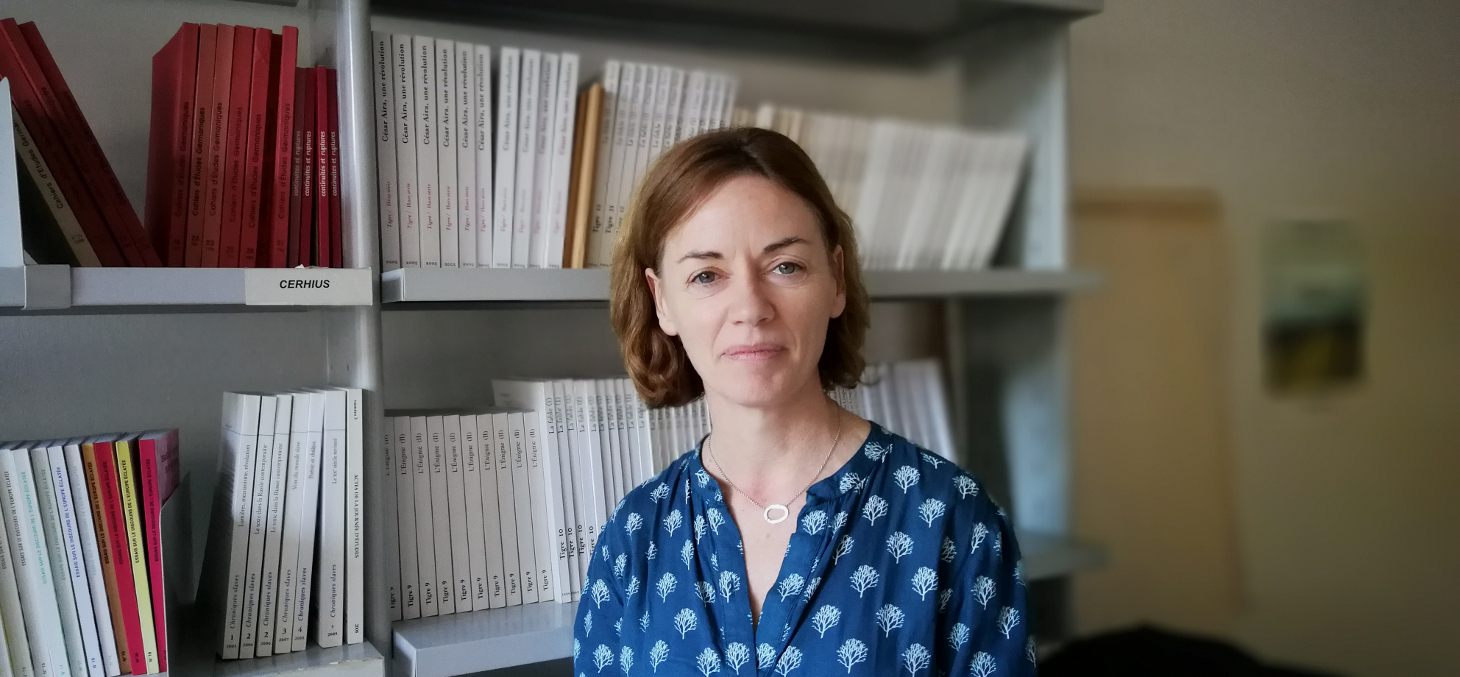- Imprimer
- Partager
- Partager sur Facebook
- Partager sur X
- Partager sur LinkedIn
Conférence / Recherche
Le 15 janvier 2019
Saint-Martin-d'Hères - Domaine universitaire

Conférence de Dorothy Kenny, professeure à Dublin City University, actuellement en séjour à Grenoble dans le cadre du sous-axe traduction, terminologie, technologie de l'équipe GREMUTS, au sein de l'ILCEA4.
Pr Dorothy Kenny, Dublin City University
Abstract
Recent developments in the translation industry have led some commentators to claim that it no longer makes sense to distinguish between human and machine translation: the interdependence of the two modes in some production environments makes it difficult to tell machine outputs from human outputs, and for the purposes of quality assessment at least, the genesis of the translation might not make much difference anyway. At the same time, machine translation is encroaching upon areas that were previously held to be bastions of human translation and it may not be fanciful to suggest that we are now closer than ever to “a possible future when automated translation might very well function in a basic manner for all discourse, even the literary” (Raley 2003). Claims are increasingly being made that attribute human-like understanding of language to computers, with machine translation engines being credited with the ability to “learn metaphors” and “find cultural equivalents” (Packer 2016). The discursive construction of translation is changing in line with these trends: labels such as “human/machine translation” refrain from indicating who or what is assisting whom or what, and schematic representations of translation workflows are shifting from linear to radial formations, where human translators are seen as hubs rather than endpoints. Against this background of flux, it is fitting to ask how such changes impact on our very understanding of translation and translators, and how we, as translation sholars, teachers and practitioners, might position ourselves for the future. In this paper, I attempt to address these issues, drawing on industry views and academic scholarship in translation studies and related areas. I attempt to systematize existing scholarship in the area, to ask what we agree on, and where technology-alert translation scholarship is likely to take us over the next decade or so.
Cette conférence, organisée à l'initiative de Caroline Rossi, se rattache par son titre à deux de nos axes transversaux, et sera suivie d'un apéritif.
Date
De 10h30 à 12h00
Salle G203
Localisation
Saint-Martin-d'Hères - Domaine universitaire
Bâtiment Stendhal - G
Université Grenoble Alpes
Contact
Marie Helene Fries
marie-helene.fries [at] univ-grenoble-alpes.fr
- Imprimer
- Partager
- Partager sur Facebook
- Partager sur X
- Partager sur LinkedIn